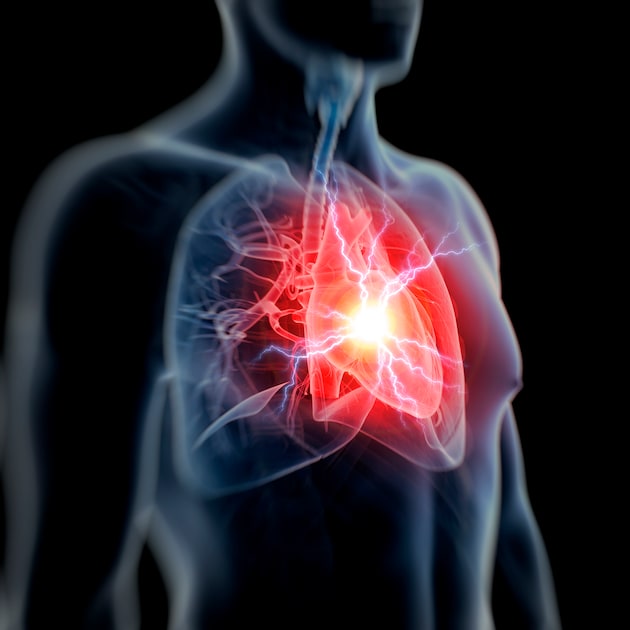Short episodes of anger can be harmful to our health. This is shown by a new US study. Accordingly, anger increases the risk of heart disease and stroke.
When we are angry or sad, it doesn’t just damage our psyche. Our physical health also suffers. This is emphasized by a new study published in the Journal of the American Heart Association.
The scientists at Columbia University in New York City wanted to find out what influence negative emotions such as anger, sadness and fear have on blood vessels.
To do this, they subjected 280 adults to an experiment. They were randomly assigned one of four emotional tasks for eight minutes:
The participants’ vascular functions were then examined, once at the beginning and at four different times after experiencing the assigned emotional task. The scientists came to the following conclusion:
1. Anger:
2. Fear and sadness
“Impaired vascular function is associated with an increased risk of heart attack and stroke,” explains lead study author Daichi Shimbo from Columbia University Irving Medical Center. “We have seen that evoking an angry state leads to a dysfunction of the blood vessels.” However, the scientists were unable to determine the exact process that takes place in the body and how anger differs from fear be investigated in further studies.
There are some strategies you can use to deal with anger and relieve it in just a few minutes. The parenting coaches Jeannine Mik and Sandra Teml-Jetter reveal this in a guest article. These apply both to you when you are alone and when you interact with others, such as children. Here is a selection:
• Rubber ring: Wear a rubber ring on your wrist and tug on it in stressful situations. This brings us back to the present as physical pain takes precedence over psychological pain in the brain.
• Physical exertion: Find a very physically demanding activity that leaves you out of breath and requires all your concentration. Maybe you’ve been wanting to move the cupboard a few centimeters further to the left for a long time?
• Say “Stop!”: Say out loud to yourself: “Stop, everything is fine!” You may want to add your name here. Don’t move at this moment, you should really be able to hear yourself.
• Smile: Smile even when you don’t feel like it. Hold this smile for about two minutes. It has been proven that our body, in conjunction with our brain, ensures that we feel better. So we outsmart ourselves.
• Water: Wash your hands with comfortably warm water or slowly drink a large glass of water. During these processes the parasympathetic nervous system is activated. It helps you find your way back to relaxation when you are stressed. It is therefore also referred to as the “resting nerve”.
• Let’s dance: Turn up the music and dance all the pent-up energy and tension out of your body. Move in a way that suits you and feels good. No one is watching, you are free from judgment.
In addition to anger, there are other factors that increase the risk of events such as a heart attack or stroke. These include
as a recent study in the New England Journal of Medicine showed.
Certain risk factors can therefore be significantly influenced. According to the German Heart Foundation, the following points are needed to promote heart health:









